The award honors three scientists who discovered and built quantum dots, which are now used in everything from TVs to medical tools.


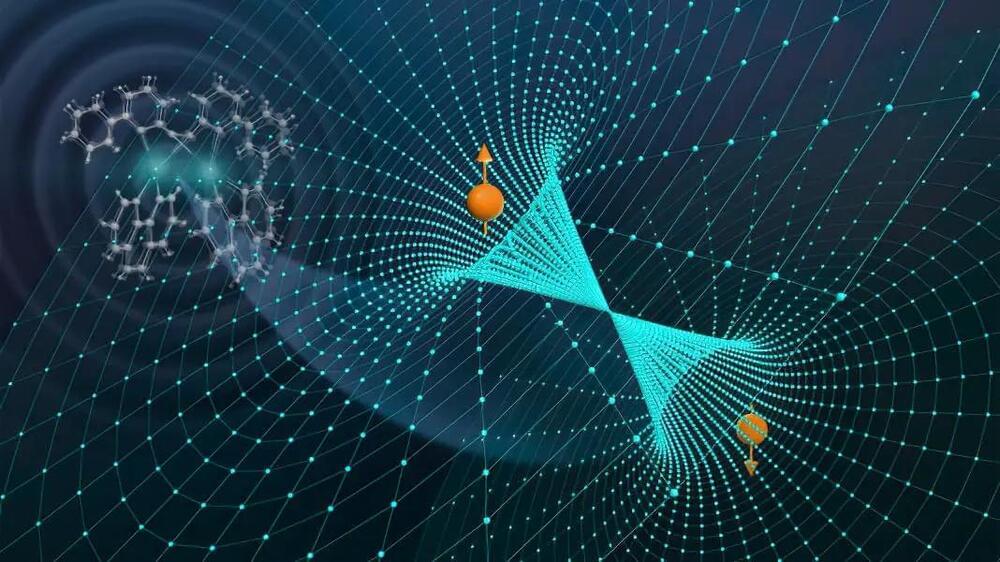
Nearly a century ago, physicists Max Born and J. Robert Oppenheimer developed a hypothesis about the functioning of quantum mechanics within molecules. These molecules consist of complex systems of nuclei and electrons. The Born-Oppenheimer approximation postulates that the movements of nuclei and electrons within a molecule occur independently and can treated separately.
This model works the vast majority of the time, but scientists are testing its limits. Recently, a team of scientists demonstrated the breakdown of this assumption on very fast time scales, revealing a close relationship between the dynamics of nuclei and electrons. The discovery could influence the design of molecules useful for solar energy conversion, energy production, quantum information science, and more.
The team, including scientists from the U.S. Department of Energy’s (DOE) Argonne National Laboratory, Northwestern University, North Carolina State University, and the University of Washington, recently published their discovery in two related papers in Nature and Angewandte Chemie International Edition.
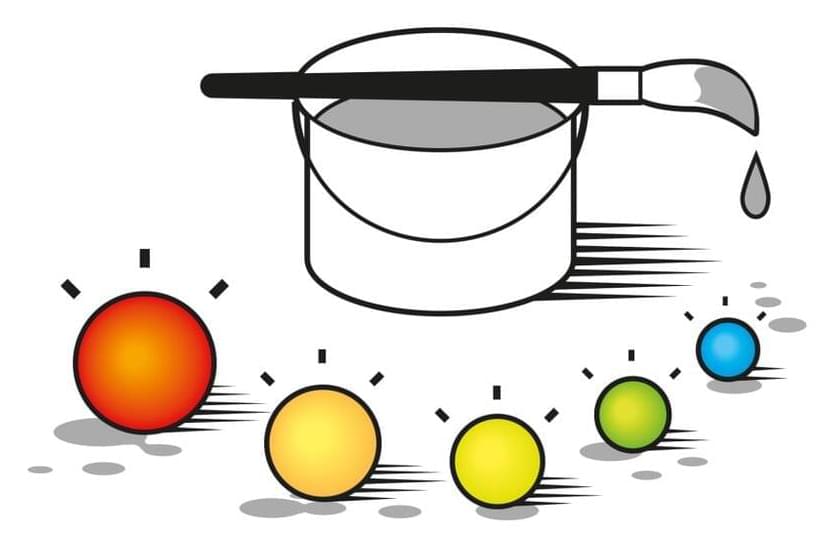
Moungi G. Bawendi, Louis E. Brus and Alexei I. Ekimov are awarded the Nobel Prize in Chemistry 2023 for the discovery and development of quantum dots. These tiny particles have unique properties and now spread their light from television screens and LED lamps. They catalyse chemical reactions and their clear light can illuminate tumour tissue for a surgeon.
“Toto, I’ve a feeling we’re not in Kansas anymore,” is a classic quote from the film The Wizard of Oz. Twelve-year-old Dorothy faints onto her bed when her house is swept away by a powerful tornado, but when the house lands again and she steps outside the door, her dog Toto in her arms, everything has changed. Suddenly she is in a magical, technicolour world.
If an enchanted tornado were to sweep into our lives and shrink everything to nano dimensions, we would almost certainly be as astonished as Dorothy in the land of Oz. Our surroundings would be dazzlingly colourful and everything would change. Our gold earrings would suddenly glimmer in blue, while the gold ring on our finger would shine a ruby red. If we tried to fry something on the gas hob, the frying pan might melt. And our white walls – whose paint contains titanium dioxide – would start generating lots of reactive oxygen species.
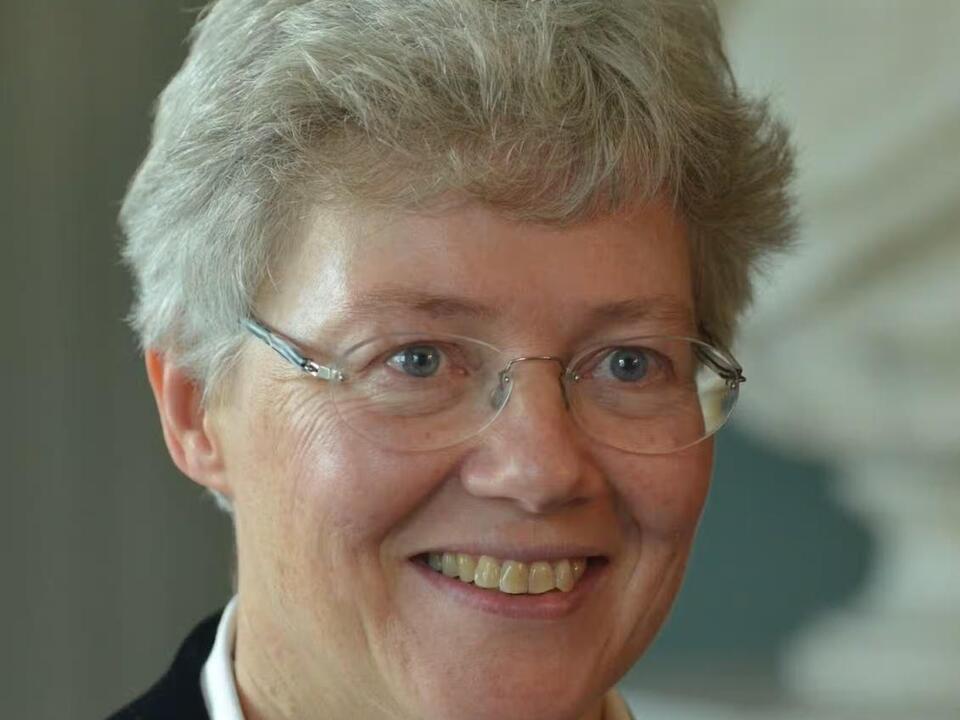
The 2023 Nobel prize in physics has been awarded to a trio of scientists for pioneering tools used to study the world of electrons.
Electrons are sub-atomic particles that play a role in many phenomena we see every day, from electricity to magnetism. This year’s three Nobel physics laureates demonstrated a way to create extremely short pulses of light in order to investigate processes that involve electrons.
Pierre Agostini from The Ohio State University in the US, Ferenc Krausz from the Max Planck Institute of Quantum Optics in Germany and Anne L’Huillier from Lund University in Sweden will share the prize sum of 11 million Swedish kronor (£822,910).

This surreal scenario is what would actually happen if the traffic light was a single atom illuminated by a laser beam, as recently shown experimentally by researchers in Berlin. They looked at the light scattered by an atom and saw that photons—the tiniest particles of light—arrived at the detector one at a time. The scientists blocked the brightest color they saw, and suddenly pairs of photons of two slightly different colors started arriving at their detector simultaneously. They reported their findings in Nature Photonics in July.
The reason for this counterintuitive effect is that single atoms are skilled little multitaskers. Through different underlying processes, they can scatter a variety of colors at the same time like a dangerous traffic light that shines all three colors at once. Yet because of quantum interference between these processes, an observer only sees one of the metaphorical traffic light’s colors at a time, preserving peace on the road.
This experiment also paves the way for novel quantum information applications. When the brightest color is blocked, the photons that pop up simultaneously are entangled with each other, behaving in sync even when they are separated over large distances. This provides a new tool for quantum communication and information processing in which entangled photon pairs can serve as distributed keys in quantum cryptography or store information in a quantum memory device.
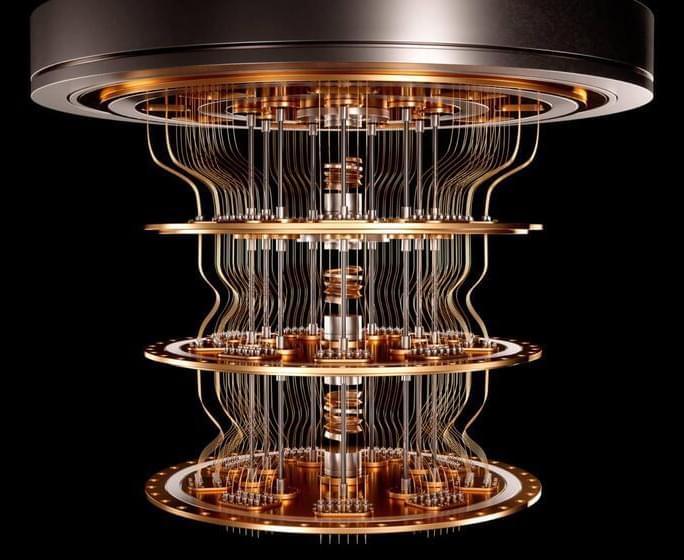
CAMBRIDGE, Mass. — Researchers at MIT have achieved a significant breakthrough in quantum computing, bringing the potential of these incredible thinking machines closer to realization. Quantum computers promise to handle calculations far too complex for current supercomputers, but many hurdles remain. A primary challenge is addressing computational errors faster than they arise.
In a nutshell, quantum computers find better and quicker ways to solve problems. Scientists believe quantum technology could solve extremely complex problems in seconds, while traditional supercomputers you see today could need months or even years to crack certain codes.
What makes these next generation supercomputers different from your everyday smartphone and laptop is how they process data. Quantum computers harness the properties of quantum physics to store data and perform their functions. While traditional computers use “bits” (either a 1 or a 0) to encode information on your devices, quantum technology uses “qubits.”
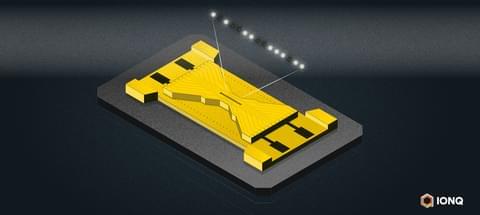
It’s been a busy week for IonQ, the quantum computing start-up focused on developing trapped-ion-based systems. At the Quantum World Congress today, the company announced two new systems (Forte Enterprise and Tempo) intended to be rack-mountable and deployable in a traditional data center. Yesterday, speaking at Tabor Communications (HPCwire parent organization) HPC and AI on Wall Street conference, the company made a strong pitch for reaching quantum advantage in 2–3 years, using the new systems.
If you’ve been following quantum computing, you probably know that deploying quantum computers in the datacenter is a rare occurrence. Access to the vast majority NISQ era computers has been through web portals. The latest announcement from IonQ, along with somewhat similar announcement from neutral atom specialist QuEra in August, and increased IBM efforts (Cleveland Clinic and PINQ2) to selectively place on-premise quantum systems suggest change is coming to the market.
IonQ’s two rack-mounted solutions are designed for businesses and governments wanting to integrate quantum capabilities within their existing infrastructure. “Businesses will be able to harness the power of quantum directly from their own data centers, making the technology significantly more accessible and easy to apply to key workflows and business processes,” reported the company. IonQ is calling the new systems enterprise-grade. (see the official announcement.)

This year’s Nobel Prize in Physics has been awarded to three physicists — Pierre Agostini at Ohio State University, US, Ferenc Krausz at the Max Planck Institute of Quantum Optics in Garching, Germany, and Anne L’Huillier at Lund University, Sweden — for their research into attosecond pulses of light.
Attosecond physics allows scientists to look at the very smallest particles at the very shortest timescales (an attosecond is one-quintillionth of a second, or one-billionth of a nanosecond). The winners all developed experiments to be able to produce these ultrafast laser pulses, which can be used to probe our world at the smallest scales and have applications across chemistry, biology and physics.
The prize was announced this morning by the Royal Swedish Academy of Sciences, in Stockholm, Sweden. The winners share a prize of 11 million Swedish kroner (US$1 million).
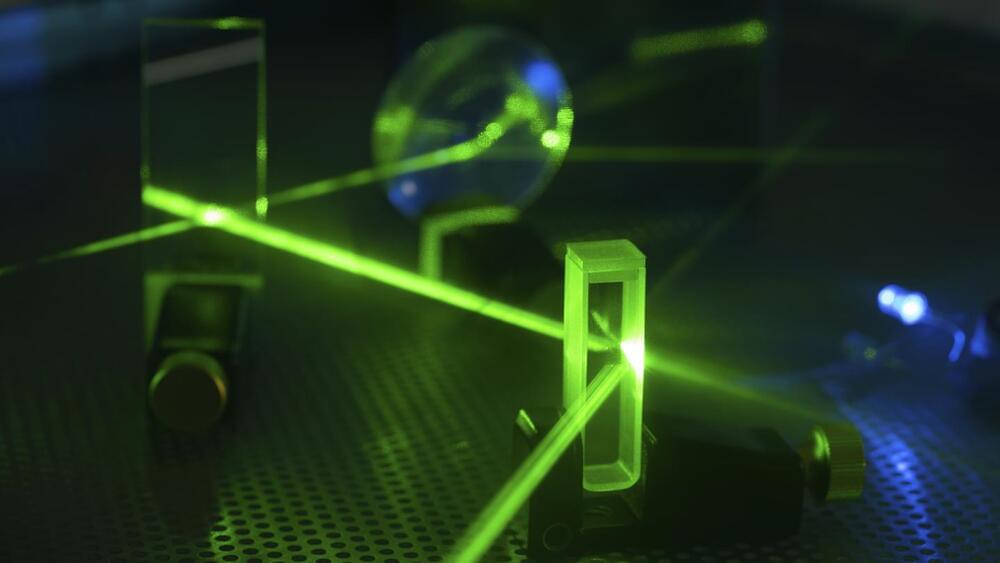
Congrats to Anne & Pierre.
Inside atoms and molecules, electrons zip around at extreme speeds. Their motions can only be captured with super short pulses of light — like camera flashes that last billionths of a billionth of a second. The 2023 Nobel Prize in physics goes to three physicists who have helped create such “attosecond” blasts of laser light.
By offering superfast snapshots of electrons, their research is changing our view of the inner workings of atoms and molecules.
One of the winners is Anne L’Huillier, of Lund University in Sweden. Another is Pierre Agostini at Ohio State University in Columbus. The third is Ferenc Krausz. He works at the Max Planck Institute of Quantum Optics in Garching, Germany. The trio will split 11 million Swedish kronor, or about $1 million in prize money. The Royal Swedish Academy of Sciences announced the honor October 3.
Pierre Agostini, Ferenc Krausz and Anne L’Huillier won the prize for creating light bursts that last billionths of a billionth of a second.
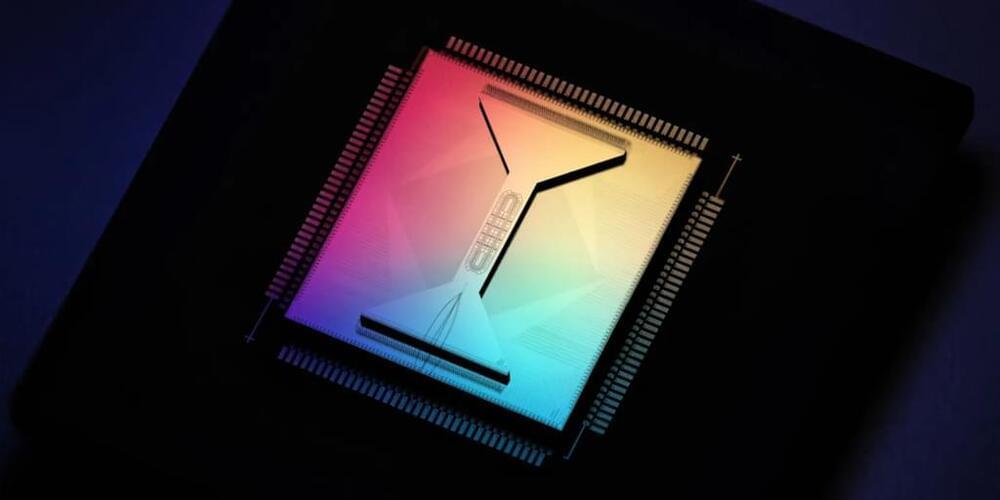
In a breakthrough for the futuristic field of quantum computing, researchers have implemented a basic arithmetic operation in a fault-tolerant manner on an actual quantum processor for the first time. In other words, they found a way to bring us closer to more reliable, powerful quantum computers less prone to errors or inaccuracies.
Quantum computers harness the bizarre properties of quantum physics to rapidly solve problems believed to be impossible for classical computers. By encoding information in quantum bits or “qubits,” they can perform computations in parallel, rather than sequentially as with normal bits.